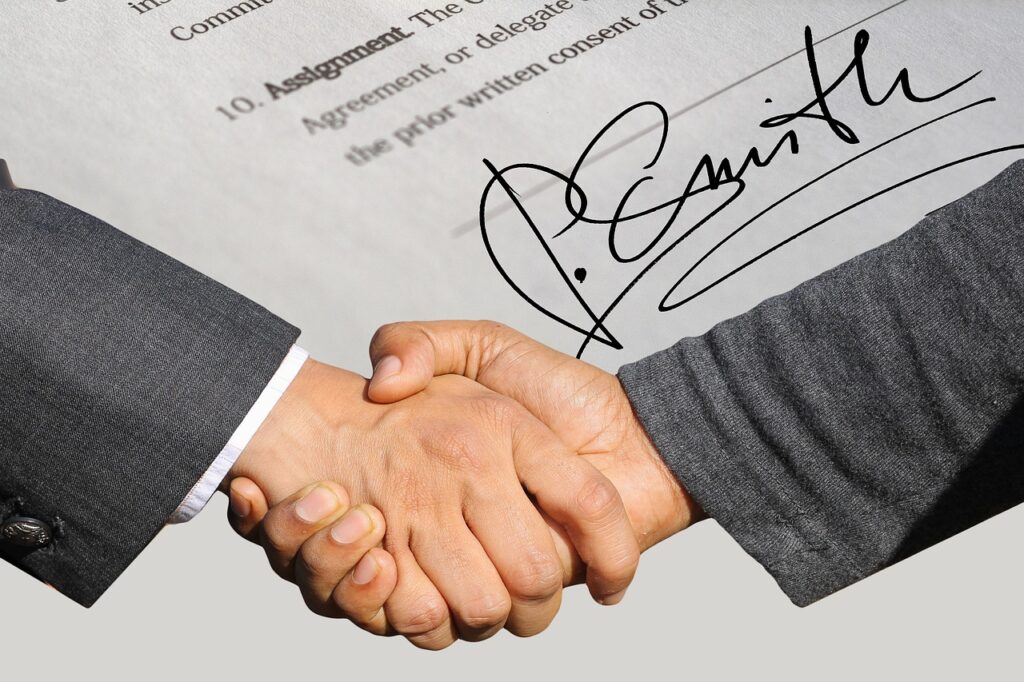Think about the products you use and love. Chances are, the names of those products stick with you just as much as the products themselves. That’s no accident. The name of your product is one of the most critical aspects of its success—and sometimes, it’s even more important than the product itself.
Let’s break down why naming matters so much and explore real-world examples that prove the point.
The Power of a Great Name
A great name isn’t just a label—it’s a hook. It grabs attention, creates curiosity, and positions your product in the minds of your audience. The right name has the power to:
- Tell a Story: A good name gives context and meaning to your product.
- Spark Curiosity: It makes people want to learn more.
- Stick in Memory: The more memorable the name, the easier it is for people to recommend and recall.
- Differentiate You: In crowded markets, a standout name can set you apart from competitors.

Lessons from the Best (and Worst) Names
1. HostGator’s Jupiter
HostGator could have named its new cPanel update something basic, like “cPanel 2.0.” Instead, they named it “Jupiter.” The name evokes a sense of scale, strength, and exploration. It’s cooler, more aspirational, and instantly more memorable than a boring numerical upgrade.
Takeaway: A great name elevates your product beyond its function. It gives it character.
**2. Apple’s “Macintosh”
When Apple launched the Macintosh, they didn’t call it “Apple Personal Computer” or “Model 512K.”
The name “Macintosh” had personality. It was approachable, friendly, and distinct from the technical jargon dominating the computer industry.
Takeaway: A name with personality humanizes your brand and makes it relatable.
**3. “Coca-Cola” vs. “Pepsi-Cola”
Coca-Cola’s name draws from two key ingredients: coca leaves and kola nuts. It’s descriptive yet simple. The name rolls off the tongue, and its alliteration makes it memorable.
Pepsi, while successful, didn’t start with the same emotional resonance. Over time, they dropped “Cola” and leaned into a simpler name, which helped modernize their image.
Takeaway: The sound and rhythm of your name matter. Aim for simplicity and memorability.
**4. “Google” vs. “BackRub”
Before it was Google, the world’s most popular search engine was called “BackRub.” Imagine saying, “Let me BackRub that for you” instead of “Let me Google it.”
Switching to “Google” was a stroke of genius. The name was inspired by “googol” (the number 1 followed by 100 zeros), which conveyed the vastness of information they could organize. It was quirky, fun, and easy to remember.
Takeaway: Your name should align with your brand’s mission and vision.
5. Slack
Slack’s name is an acronym for “Searchable Log of All Communication and Knowledge.” But it’s also a simple, everyday word that’s easy to say and type. The name conveys effortlessness and simplicity, which reflects the product’s promise to make communication easier.
Takeaway: A name that’s both functional and aspirational can double as your brand’s mission statement.
When Naming Goes Wrong
Not every name is a hit. Here are examples where naming fell flat:
- Microsoft Zune: The product was good, but the name lacked energy and memorability. Compare it to “iPod,” which was short, sleek, and futuristic.
- Pepsi A.M.: An attempt to market cola as a breakfast drink. The name felt forced and didn’t resonate with consumers.
- Google Glass: While the name described the product, it didn’t spark excitement. Add to that the product’s controversies, and the name became a punchline.
Takeaway: A bad name can make it harder for even great products to succeed.
How to Choose the Right Name
Here’s a framework to guide you:
- Be Clear, Not Confusing Your audience should understand your product’s value from its name. Avoid names that are overly abstract or hard to pronounce.
- Evoke Emotion Names that trigger feelings stick. Think of “Snickers,” “Amazon,” or “Tesla.” Each name creates an emotional or aspirational connection.
- Think Long-Term Will your name still make sense as your product evolves? A timeless name grows with your brand.
- Test It Before committing, test your name with real people. Does it resonate? Is it easy to spell and remember? Does it align with your brand’s mission?
Final Thoughts
Naming isn’t just a creative exercise; it’s a strategic decision that can make or break your product’s success. A great name tells a story, sparks curiosity, and positions your product in the best possible way.
So, the next time you’re launching something new, remember: The effort you put into naming it is just as important as the effort you put into creating it.
What’s the best (or worst) product name you’ve come across? Let me know in the comments!

